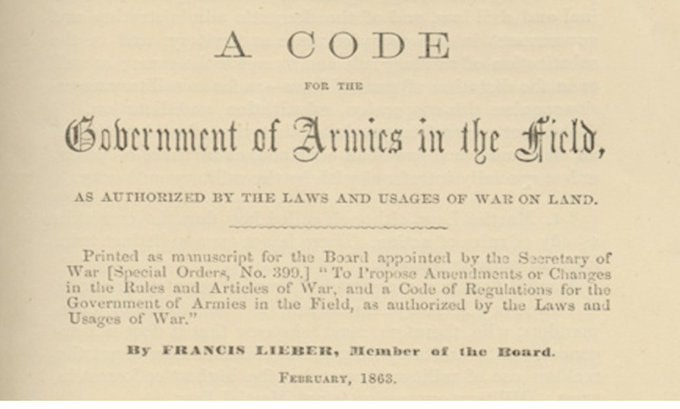Yesterday, on Memorial Day and almost secretly, the Israeli Supreme Court published its ruling regarding the legality of the eviction orders of thousands of Palestinians living in the south Hebron….

Yesterday, on Memorial Day and almost secretly, the Israeli Supreme Court published its ruling regarding the legality of the eviction orders of thousands of Palestinians living in the south Hebron Hills in an area declared as a firing zone (No. 918).
The court rejected the residents’ petition thus ending proceedings Lasting more than 20 years in which the danger of deportation hovers over thousands of Palestinians living in the declared “firing zone”.
The ruling rejected the claim that the prohibition of forcible transfer set forth in international law is customary and binding. Judge Mintz ruled that this was a treaty norm, that is, one that expresses agreements between states but is not enforceable in a domestic court.
Beyond the fact that this is a cruel decision that could lead to a humanitarian catastrophe, this rationale denying that the prohibition on forced transfer is customary law is nothing less than an embarrassing legal error. So basic that it can be said that its equivalent in political science is to deny the claim that freedom of expression is a principle and characteristic of a democratic regime. The prohibition on forced transfer is perhaps one of the oldest in the prohibitions of modern war laws.
In 1863, in the midst of the American Civil War, Professor Francis Lieber formulated at the request of President Lincoln a draft code codifying the principles of the laws of war of the period. Lincoln published it as a legally binding proclamation, known as the “Lieber Code .”
Article 23 of the Code established the most basic prohibitions on the occupation army, alongside the prohibition of murder and enslavement of the citizens of the Occupied Territories, is the prohibition on “removal of civilians to remote areas”.
This principle developed into an explicit and clear prohibition of international law on both deportations (i.e. across the border) and forced transfer (i.e. within the country) and this prohibition was enshrined in the 1949 Geneva Convention and its violation was defined as a war crime the Nuremberg Military Court and a crime against humanity the Rome Statute of the International Criminal Court. The Red Cross also stated in a comprehensive study that the prohibition on forced transfer is a binding custom.
And it makes so much sense. The world we live in is a world where slavery is forbidden, the murder of civilians is forbidden and deportation is forbidden. It seems to me that this is an intuitive moral principle.
So beyond the fact that the Israeli High Court yesterday put thousands of Palestinians in danger of forced transfer and this is, of course, the most serious thing, it also failed in my opinion to apply relevant law and made a serious legal error.
Michael Sfard
